2025 Trends: How Natural Materials Are Taking Over Urban Apartments
Grab it to stay in trend!
The shift toward eco-friendliness and mindful consumption is changing how we design our living spaces. In 2025, natural materials are no longer just a trendy accent but the foundation of urban interiors. Let's explore how this trend is transforming our apartments and why it matters for modern city dwellers.
Why Natural Materials Are a Must-Have
Switching to natural materials in interior design is more than just a fashion statement. Studies show that environments made with natural materials reduce stress levels by 18% and improve sleep quality. In urban life, where contact with nature is limited, natural textures and surfaces help create a psychologically comfortable space.
Which Materials Are Part of the Trend
Unprocessed Wood
Parquet and laminate are giving way to solid wood planks with preserved textures. Popular are countertops made from wood slices and wall panels crafted from untreated timber. When choosing wood species, preference is given to local suppliers — not only eco-friendly but also economically advantageous.
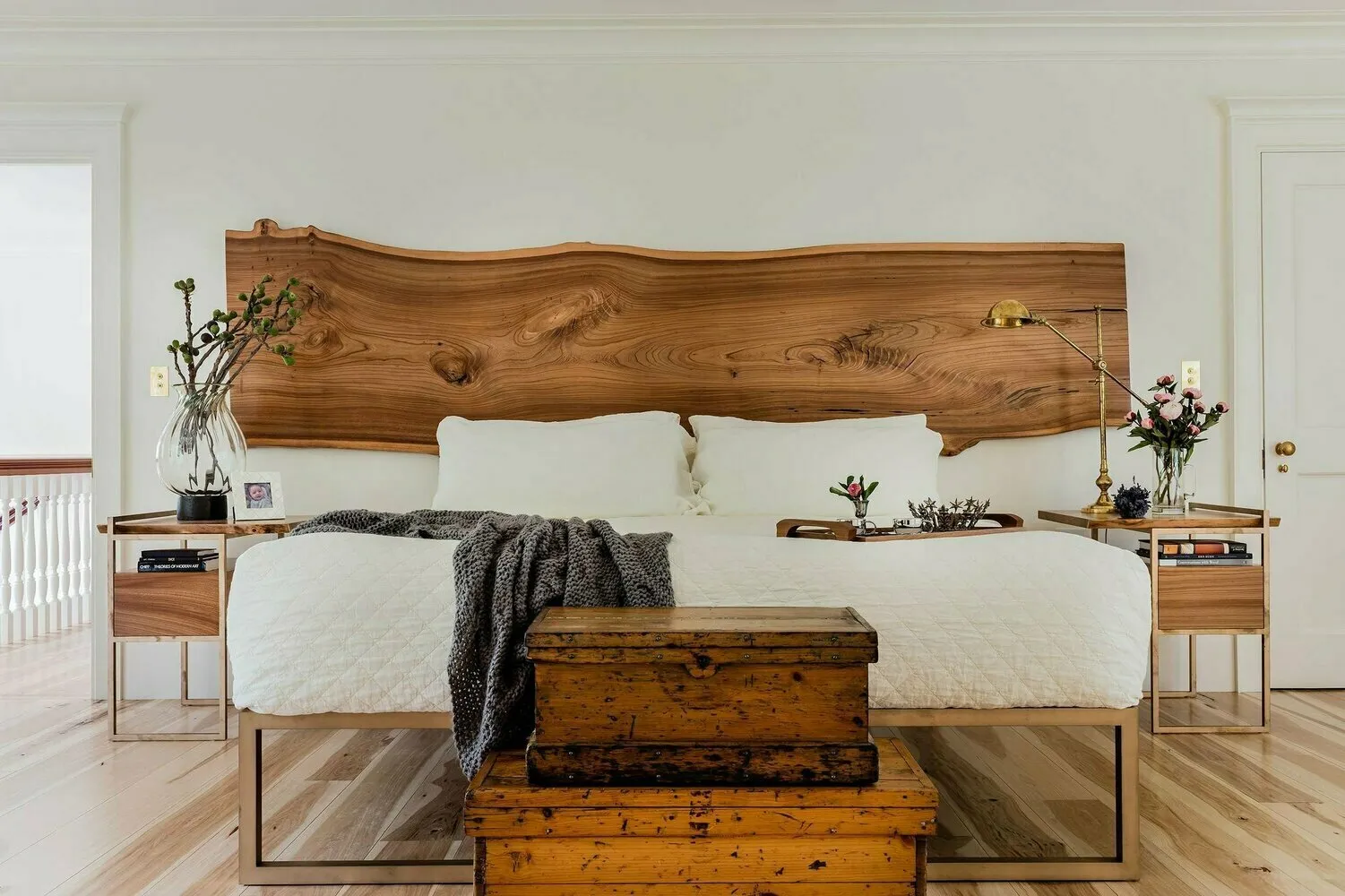
Photo: pinterest.com
Natural Stone
Marble and granite are returning to urban apartments, but not in glossy finishes anymore. Instead, they come with matte surfaces closer to natural textures. Especially relevant are:
Travertine for wall cladding;
Slate for bathrooms;
Sandstone for decorative elements.
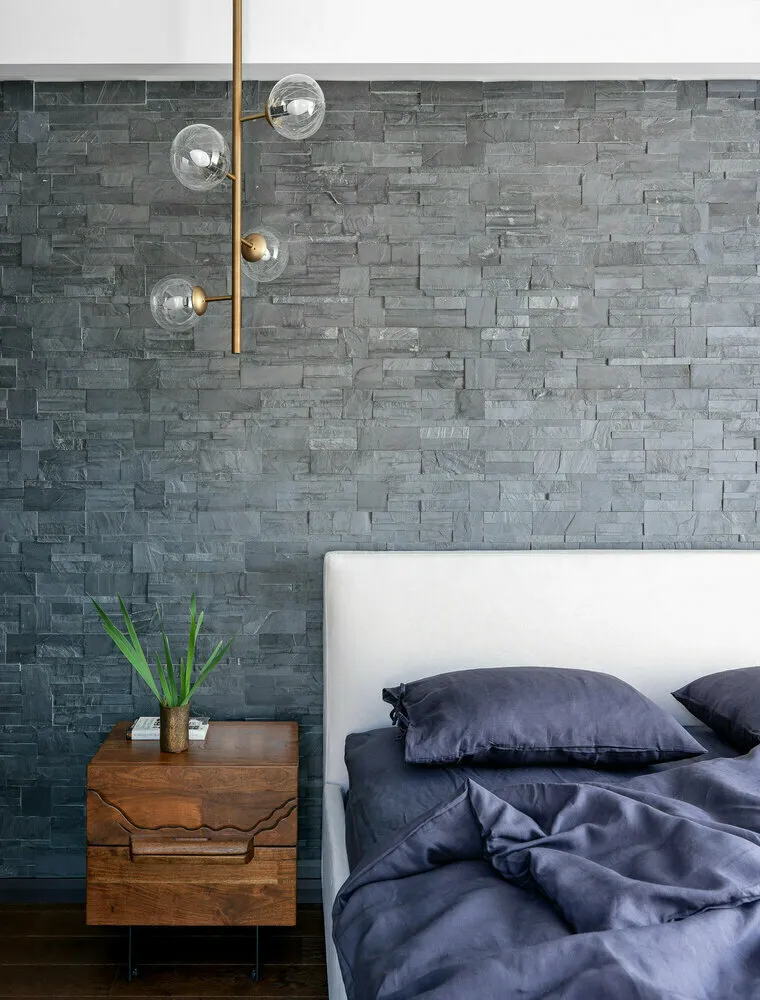
Design: TaupeHOME
Clay and Ceramic
Unfired clay is becoming a popular material for wall finishing. Decorative plaster with clay additives not only looks aesthetically pleasing but also helps regulate humidity in the room.
How to Implement This Trend in an Urban Apartment
Basic Level
Start small — replace synthetic textiles with linen and cotton fabrics, add wooden accessories and ceramic tableware. This allows you to assess how natural materials affect the atmosphere of your home.
Intermediate Level
Replace some finishing materials with natural ones:
- Cork flooring in a child’s room;
- Wooden panels for accent walls;
- Stone countertops in the kitchen.
Advanced Level
Full-scale application of natural materials:
- Complete replacement of flooring with solid wood;
- Wall finishing with clay plaster;
- Use of natural stone in the bathroom.
Practical Tips
Care and Maintenance
Natural materials require special care, but it’s simpler than it seems:
Wood should be wiped with a damp cloth and treated with natural oil once every six months;
Stone needs periodic impregnation with special compositions;
Clay surfaces only need vacuuming.
Where to Find These Materials
Local manufacturers and small workshops often offer more interesting options at reasonable prices. Consider:
Furniture workshops specializing in solid wood;
Stone processing plants in your region;
Artisanal ceramic studios.
How Much Does It Cost
Transitioning to natural materials can be gradual. Estimated budget:
Basic level: 30,000 to 50,000 rubles;
Intermediate level: 150,000 to 300,000 rubles;
Advanced level: over 500,000 rubles.
Future Outlook
By 2025, new processing technologies for natural materials are expected to make them more practical for urban use. Already in development:
Wood with improved water-repellent properties;
Stone with natural antibacterial protection;
Clay mixtures with enhanced strength.
The trend of natural materials in urban apartments is more than just a fashion statement — it's a conscious choice for health and eco-friendliness. You can start implementing this trend gradually, moving toward more comprehensive solutions over time. The key is to remember that natural materials are not only beautiful but also create a special atmosphere that helps restore energy after urban stress.
Cover: Interior Design Project by Elmira Galimova
Need a renovation specialist?
Find verified professionals for any repair or construction job. Post your request and get offers from local experts.
You may also like
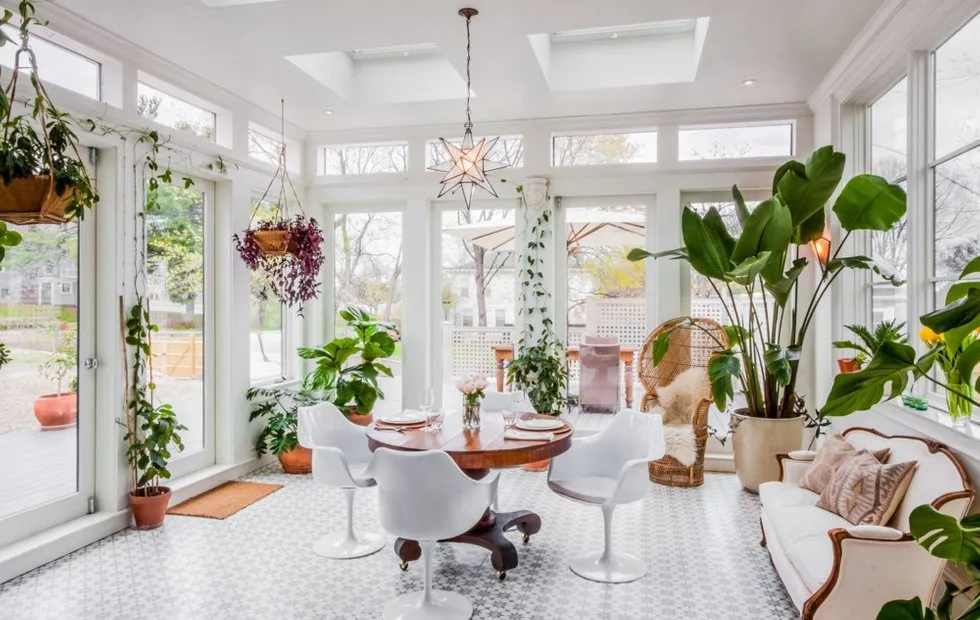
7 Home Plants That Will Make Your Interior Visually More Expensive in 2025
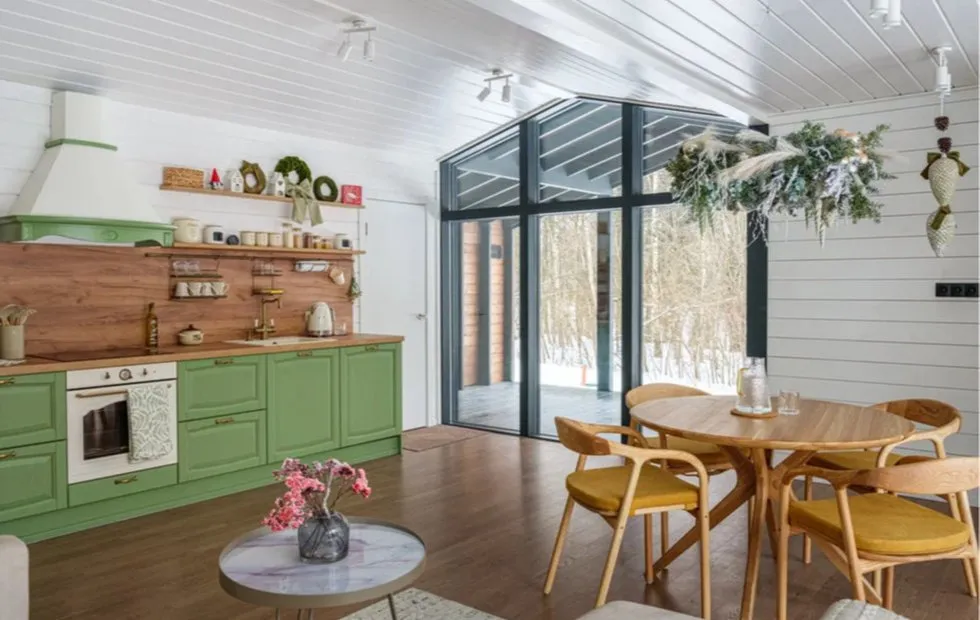
Irina Bezhukova: "My House Was Built in One Day". All Construction Details
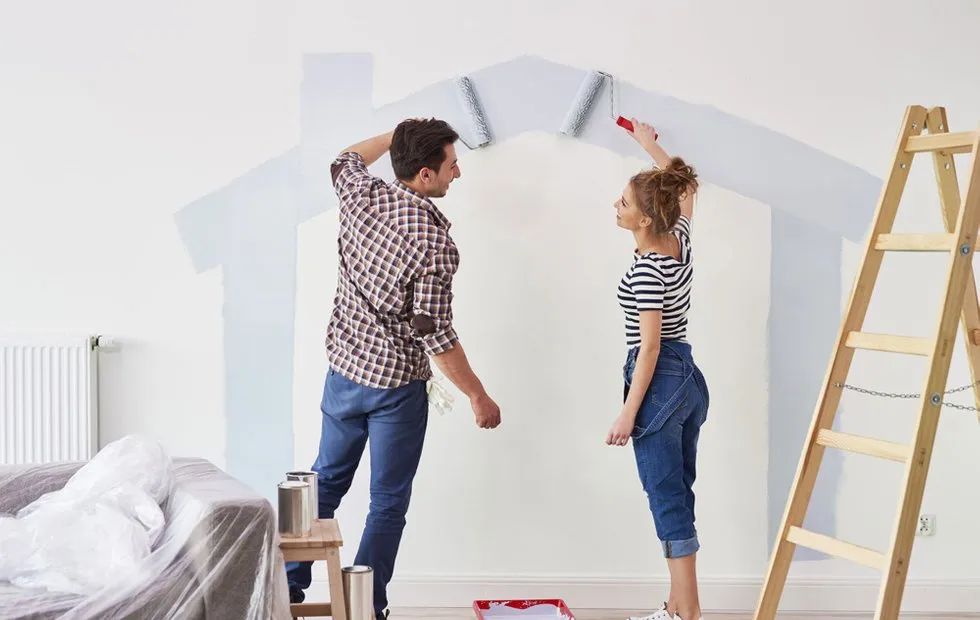
Stress-Free Renovation: Apartment Update Plan + Checklist for Family Harmony
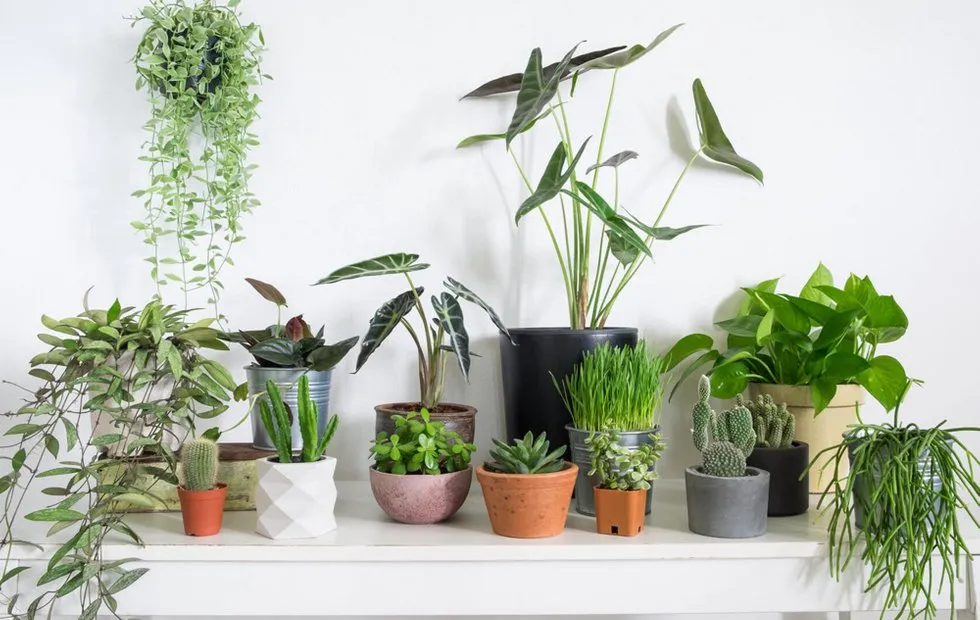
Easy Green Home: Which Plants Will Survive Even for Busy and Forgetful People
More articles:
 7 Home Plants That Will Make Your Interior Visually More Expensive in 2025
7 Home Plants That Will Make Your Interior Visually More Expensive in 2025 Irina Bezhukova: "My House Was Built in One Day". All Construction Details
Irina Bezhukova: "My House Was Built in One Day". All Construction Details Stress-Free Renovation: Apartment Update Plan + Checklist for Family Harmony
Stress-Free Renovation: Apartment Update Plan + Checklist for Family Harmony Easy Green Home: Which Plants Will Survive Even for Busy and Forgetful People
Easy Green Home: Which Plants Will Survive Even for Busy and Forgetful People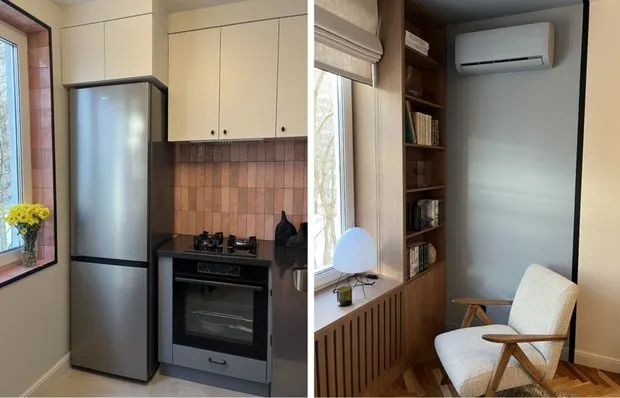 5 Cool Features in a Standard 32 sqm Panel House
5 Cool Features in a Standard 32 sqm Panel House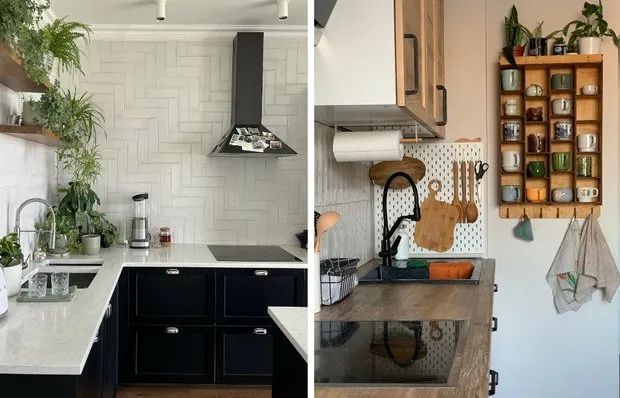 Year-End 2024: Top 5 Kitchens Renovated by Owners Themselves
Year-End 2024: Top 5 Kitchens Renovated by Owners Themselves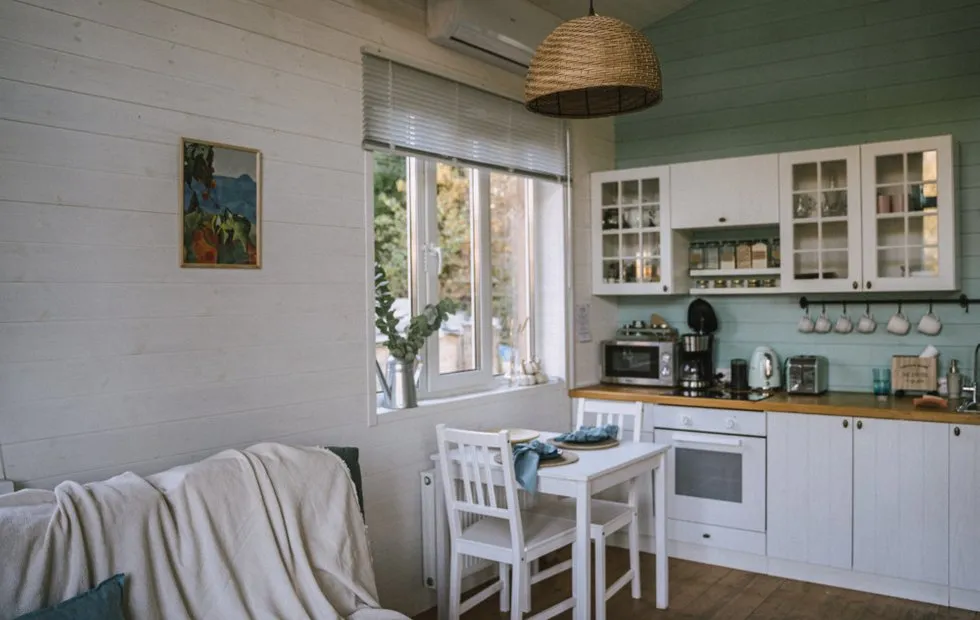 Hygge 2.0: A New Take on Danish Coziness
Hygge 2.0: A New Take on Danish Coziness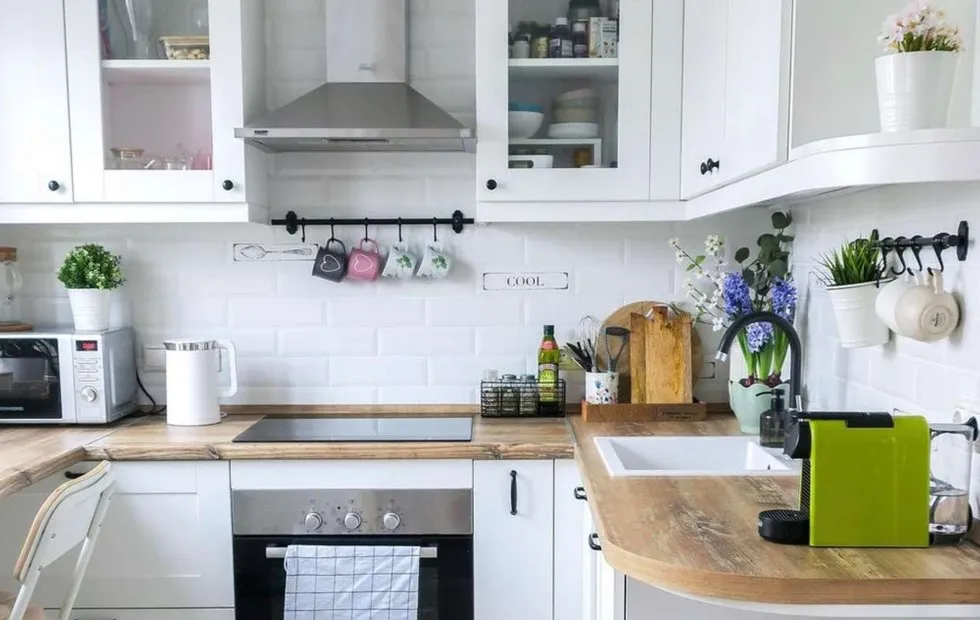 Common Repair Mistakes You'll Regret in a Year: How to Avoid Them
Common Repair Mistakes You'll Regret in a Year: How to Avoid Them